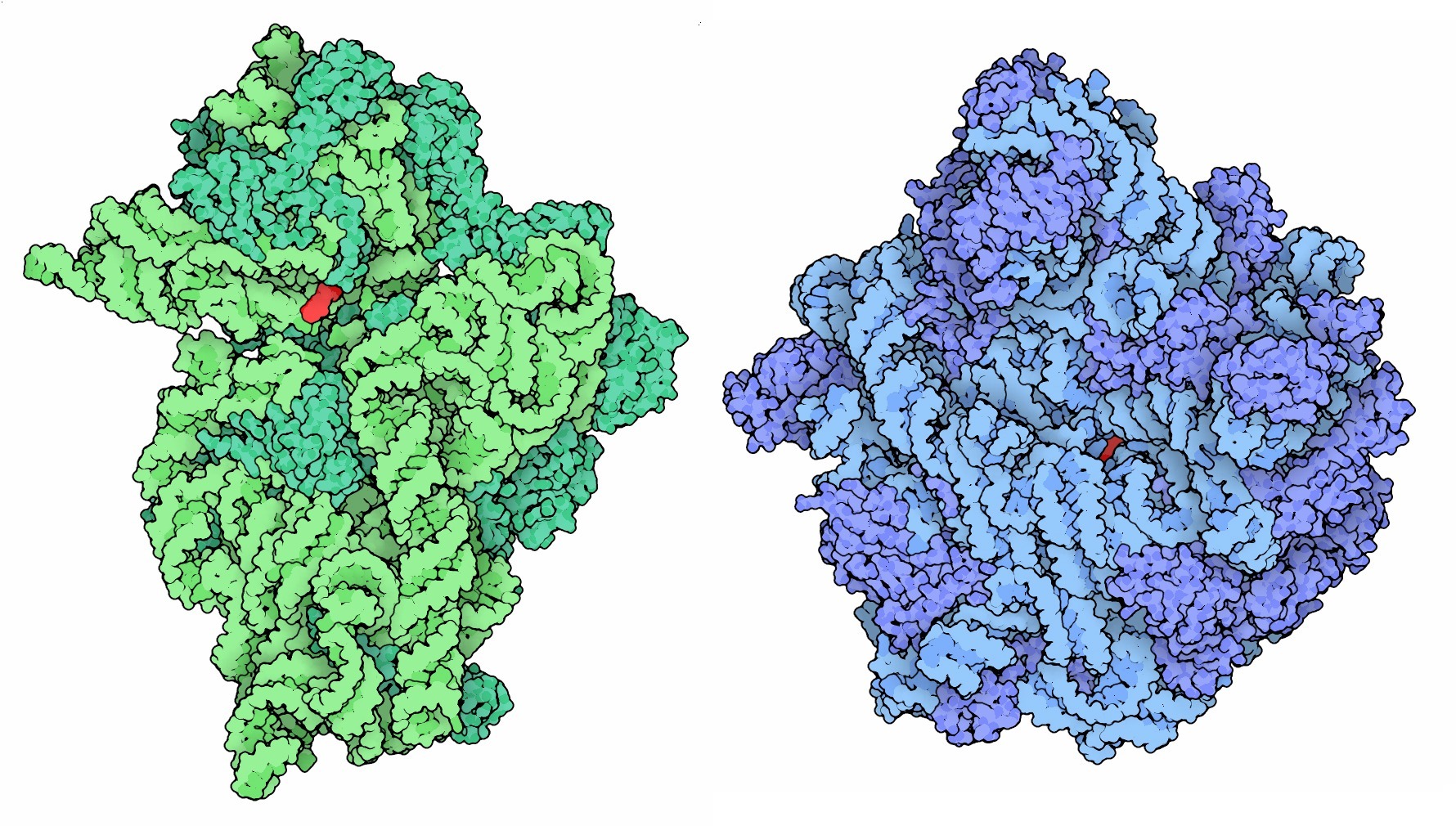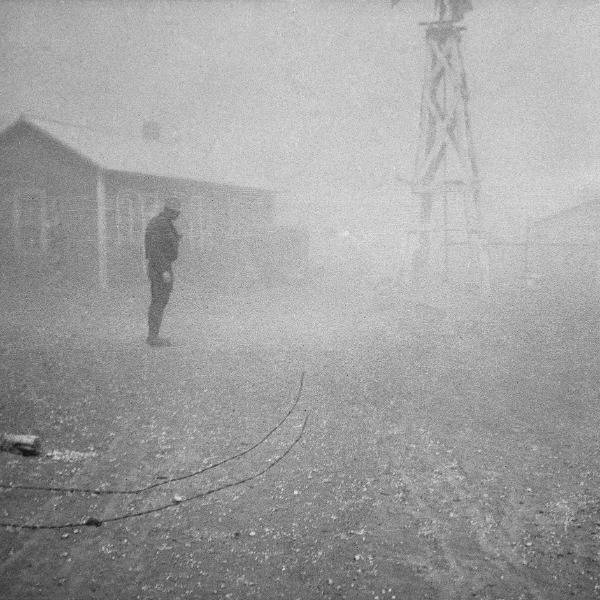
There is very little in the way of silver linings when it comes to the outbreak of Covid-19. However, we might discern one in the increased awareness of the health threats that could be coming our way; an awareness that is incentivising government and private interests alike to support the scientific community in addressing them before they hit. One such rising global threat is antibiotic resistance.
Antibiotics were introduced in the 1940s and revolutionised our capacity to treat infection and disease. However, our heavy reliance on (and sometimes misuse of) them to treat a range of conditions, as well as widespread use by the agricultural industry is leading the bacteria to adapt, acquiring genes that protect them from antibiotic treatment. Most of us have probably been told to complete a course of antibiotics, even if we feel fully recovered. Failure to do so leads to resistance, an issue compounded in countries where antibiotics can be bought over the counter, or where healthcare workers and veterinarians tend to overprescribe.
As a result, a growing list of infections – such as pneumonia, tuberculosis and gonorrhoea – are becoming harder to treat, with the World Health Organisation branding antibiotic resistance as “one of the biggest threats to global health, food security, and development today”. Antibiotic resistance is already causing over 1.5 million deaths per year worldwide. So it is excellent news that the Ineos chemical company will donate £100 million to Oxford University with the aim of tackling the problem.
The grant – unusual from a private company – followed the major boost to the university’s scientific reputation that came after it developed the Oxford-AstraZeneca vaccine. Vice-chancellor Louise Richardson certainly thinks this highlighted the importance of universities, saying that the rapid production of a Covid-19 vaccine was due to 20 years of prior work, demonstrating that such research is “critical not just to health, but to the economy, to the preservation of culture and to the generation of new ideas”.
In the words of UK Special Envoy on Antimicrobial Resistance Professor Dame Sally Davies, antibiotic resistance threatens to put medicine “back in the dark ages”. If there is anything good that can come of the current health disaster, it is that the global community may be more inclined to take crisis prevention seriously and invest in the experts most likely to provide a solution. The Covid-19 pandemic will go down in history as a time of suffering. We don’t want to emerge into a world in which common infections and minor injuries can once again kill.

